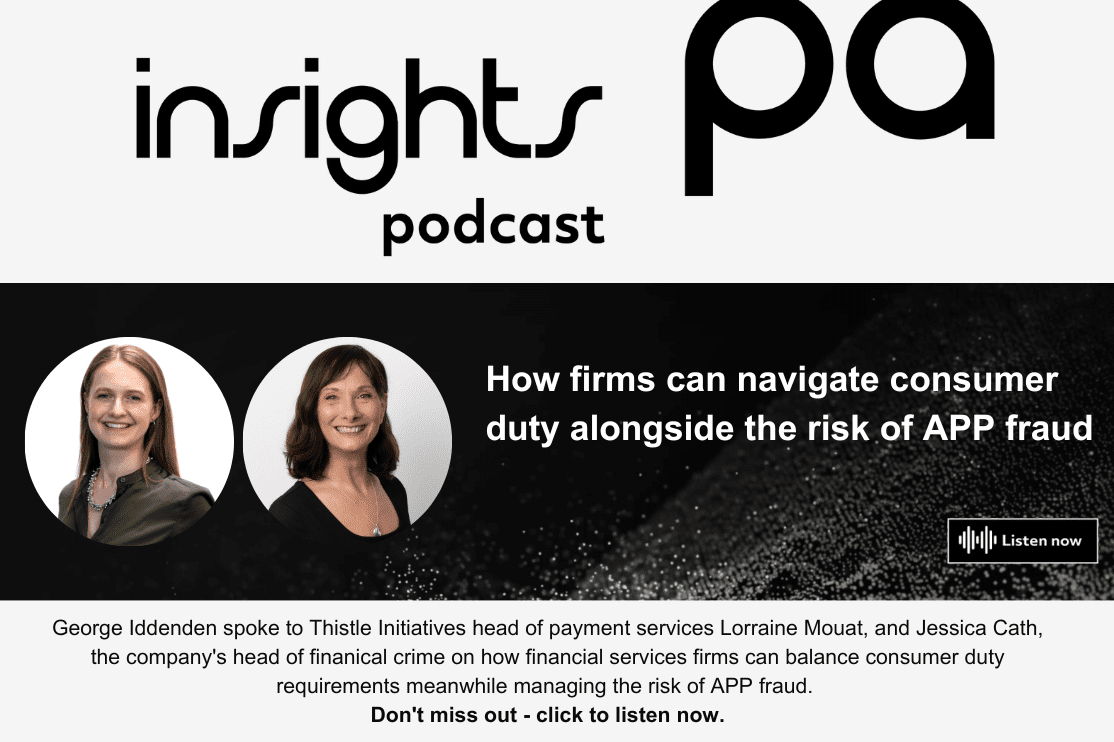Discover how these new rules are designed to protect consumers and how criminals exploit weaknesses.




This ground-breaking thought-leadership whitepaper explores why Authorised Push Payment (APP) fraud is infiltrating not just domestic payments but cross-border transactions, and how it presents significant challenges. It investigates why the global regulatory system struggles to effectively address APP fraud in cross-border transactions and what can be done now to mitigate these issues. It looks at the underlying challenges of combatting APP fraud in cross-border payments, including the complexity of international transactions, lack of clarity on liability, and insufficient security measures.
Register to download the whitepaper >>
Authorised Push Payment (APP) scams have become a prevalent issue in the financial sector, where fraudsters deceive individuals into transferring money to accounts under their control. These scams not only lead to significant financial losses but also cause severe emotional distress to victims.

In this insights podcast episode, reporter George Iddenden spoke to Thistle Initiatives head of payment services Lorraine Mouat, and Jessica Cath, the company’s head of finanical crime on how financial services firms can balance consumer duty requirements meanwhile managing the risk of APP fraud.

Santander is calling for more to be done to combat fraud because the PSR’s mandatory reimbursement plans for APP scam victims will be an unsustainable cost for banks and schemes.
The Payments Association
St Clement’s House
27 Clements Lane
London EC4N 7AE
© Copyright 2024 The Payments Association. All Rights Reserved. The Payments Association is the trading name of Emerging Payments Ventures Limited.
Emerging Ventures Limited t/a The Payments Association; Registered in England and Wales, Company Number 06672728; VAT no. 938829859; Registered office address St. Clement’s House, 27 Clements Lane, London, England, EC4N 7AE.







Log in to access complimentary passes or discounts and access exclusive content as part of your membership. An auto-login link will be sent directly to your email.
We use an auto-login link to ensure optimum security for your members hub. Simply enter your professional work e-mail address into the input area and you’ll receive a link to directly access your account.
Instead of using passwords, we e-mail you a link to log in to the site. This allows us to automatically verify you and apply member benefits based on your e-mail domain name.
Please click the button below which relates to the issue you’re having.
Sometimes our e-mails end up in spam. Make sure to check your spam folder for e-mails from The Payments Association
Most modern e-mail clients now separate e-mails into different tabs. For example, Outlook has an “Other” tab, and Gmail has tabs for different types of e-mails, such as promotional.
For security reasons the link will expire after 60 minutes. Try submitting the login form again and wait a few seconds for the e-mail to arrive.
The link will only work one time – once it’s been clicked, the link won’t log you in again. Instead, you’ll need to go back to the login screen and generate a new link.
Make sure you’re clicking the link on the most recent e-mail that’s been sent to you. We recommend deleting the e-mail once you’ve clicked the link.
Some security systems will automatically click on links in e-mails to check for phishing, malware, viruses and other malicious threats. If these have been clicked, it won’t work when you try to click on the link.
For security reasons, e-mail address changes can only be complete by your Member Engagement Manager. Please contact the team directly for further help.